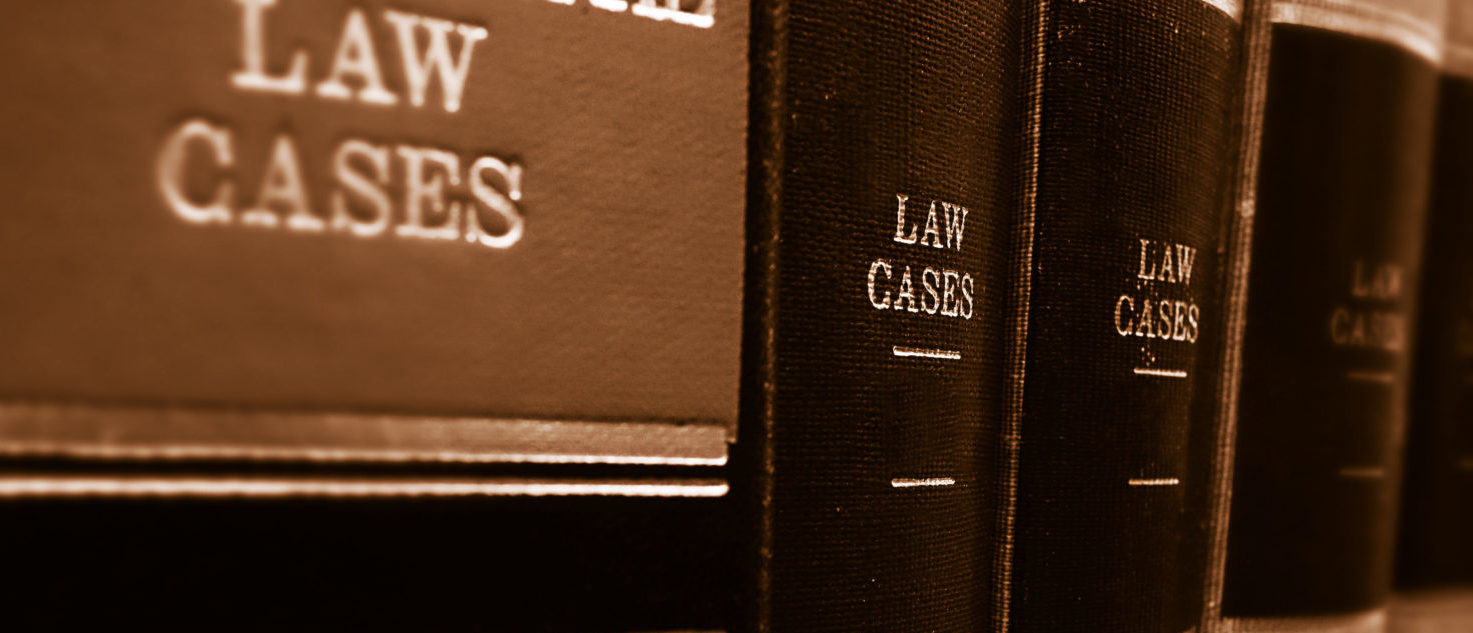A Licensed Paralegal Practitioner (LPP) is a legal professional who has satisfied education, experience, and testing requirements. LPPs practice in certain areas of the law as designated by the Utah State Bar without the oversight of a lawyer.
Good News for Utah
Utah is the second state to license paralegals in an effort to close the justice gap. Even with lawyers providing pro bono assistance, a large number of Utah citizens are not receiving the legal information and advice that they need. LPPs are licensed to help clients outside the courtroom and are able to help with forms, provide representation at mediation, prepare and negotiate settlements and give advice throughout the case.
On October 15th, 2019, the Utah State Bar admitted the first LPPs. Because of the stringent qualifications required to become an LPP, only four individuals in the state were licensed.
What can a paralegal practitioner do?
LPPs can practice in a limited scope in the following areas:
- family law (divorces, custody cases, name changes, etc.)
- forcible entry and detainer
- debt collections
LPPs are able to represent their clients and provide legal advice on these matters, making legal representation accessible to more people who can’t afford a lawyer.
What are the benefits of hiring a paralegal practitioner?
There are several benefits of hiring an LPP. Many people who try to represent themselves in legal proceedings, such as divorces or collection issues, are unsuccessful or accept unfavorable settlements. An LPP can help clients navigate these tricky proceedings.
Opening the bar to admit LPPs in Utah is revolutionary and can help many people get the representation that they need. It’s important to remember that the scope of practice for these practitioners is limited and that matters outside the practice areas listed above may still require the advice of a licensed attorney.
Should I consult a paralegal practitioner or a lawyer?
If you’re unsure whether you should consult an LPP or an attorney, you should consider the following:
- Scope: if your legal matter falls outside any of the above, then you will likely need to hire a lawyer. If your matter falls within the scope of any of these areas, you may decide to use an LPP.
- Cost: It’s no secret that hiring an attorney is expensive. If your resources are limited, then you might want to hire an LPP.
- Relationships: If you already have a lawyer who you trust, then it may not be necessary to hire an LPP.
There are certain situations where it makes more sense to hire an LPP instead of a lawyer. Many law firms and lawyers offer consultations that help you determine what kinds of legal services you need and who you should work with.
If you’re dealing with a legal matter and are unsure how to handle it, contact Helgesen, Houtz & Jones today. We offer free consultations and are proud to have one of Utah’s first LPPs on our staff. Call us at 801-544-5306 to set up your free consultation.



Leave A Comment